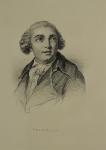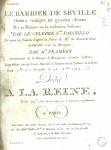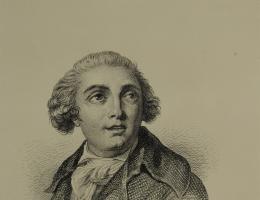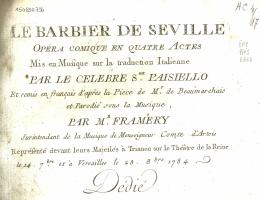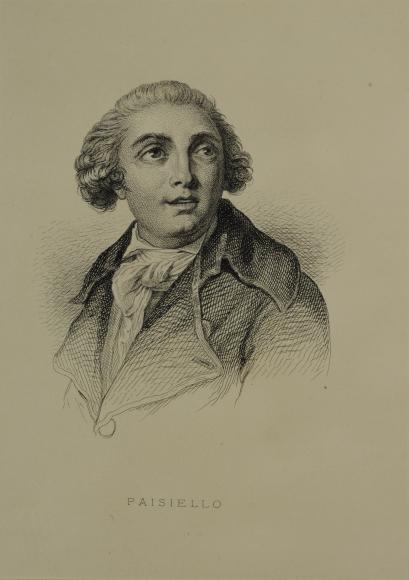
Giovanni PAISIELLO
1740 - 1816
Composer
Having studied at the Conservatorio di S Onofrio in Naples from 1754, Paisiello (who was born near Taranto) settled in that city, establishing himself as a composer of comic opera on a level with Piccinni. The triumphant performance of several opere buffe gained him entrance in 1767 to the royal theatre, and international recognition soon followed. In 1776 he was engaged as maestro di cappella to Catherine II of Russia. During his stay in St Petersburg, he composed, amongst other works, Il barbiere di Siviglia, which established his fame once and for all. On his return to Naples in 1785, King Ferdinand IV made Paisiello director of his chapel and awarded him a life pension, in return for which he agreed to produce at least one opera seria a year for the Teatro San Carlo. In 1801 Bonaparte, a great admirer of his Musique funèbre sur la mort du maréchal Hoche (1797), negotiated with Ferdinand for Paisiello’s temporary release for engagement in Paris. As director of chapel music at the Tuileries his works included the Coronation Mass that was used for Napoleon’s coronation (2 December 1804). However (following the failure of his tragédie lyrique Proserpine at the Paris Opéra) Paisiello asked to be released; Napoleon reluctantly agreed, and the composer returned to Naples in 1804, nevertheless remaining on good terms with the emperor. Paisiello’s closeness to the imperial régime led to his disgrace on the return of the Bourbons in 1815. Trained in the Neapolitan operatic tradition, Paisiello nevertheless appears – in the care he took over his ingenious orchestrations, and in his melodic inventiveness – as a herald of the Romantic movement.
Focus
Focus

